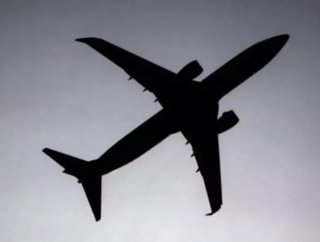Irish exports have fallen 50%, according to the IEA

Irish airfreight capacity has fallen by 50 percent between 2007 and 2011, according to a concerning report by the Irish Exporters Association (IEA).
The report, which was published with support from a number of aviation and development authorities in Ireland, is the first study of the Irish airfreight sector in over a decade. Findings, which also take into account figures for Northern Ireland, display that airfreight capacity (non-stop and multi-stop routings) leaving Irish airports amounted to 207,730 tonnes in 2007, a figure that has fallen to just 105,077 tonnes by 2011.
According to the report, Ireland must upgrade its air transport infrastructure in key life sciences and hi-tech sectors in order to prevent losing out on important export opportunities.
The study urges the Irish government to open negotiations with the U.S. authorities to provide a cargo pre-clearance facility for cargo at Shannon and Dublin, building on the existing passenger pre-clearance facilities at both airports.
John Whelan, chief executive of the IEA (left of photo), said: “World-class air transport infrastructure is an essential component of Ireland’s export capability, and will be essential if the country is to continue to be an attractive location for high value FDI.”
Exporters’ opinion
Exporters questioned for the study said pre-clearance by the Food and Drug Administration would encourage further expansion, underpinning the pharmaceutical and medical devices export sector, which are prominent exporters by air.
Major exporters highlighted the low quality of the facilities at cargo terminals in Ireland, with pharmaceutical exporters claiming that poor cold chain facilities limit future operations.
The study says airport authorities and the relevant logistics companies must invest in upgrading their facilities to competitive international standards. Charges for airport cargo handling services are out of sync with Europe and must become more competitive, according to the association.
The report also stresses the need to attract new carriers. ’’The fall in air freight capacity will only be addressed if the Irish Government devises innovative initiatives to incentivise new carriers to enter the Irish market, in addition to using all existing levers including new route incentives and air freight growth incentives,” said Whelan.
*Information taken from AirCargoWorld






